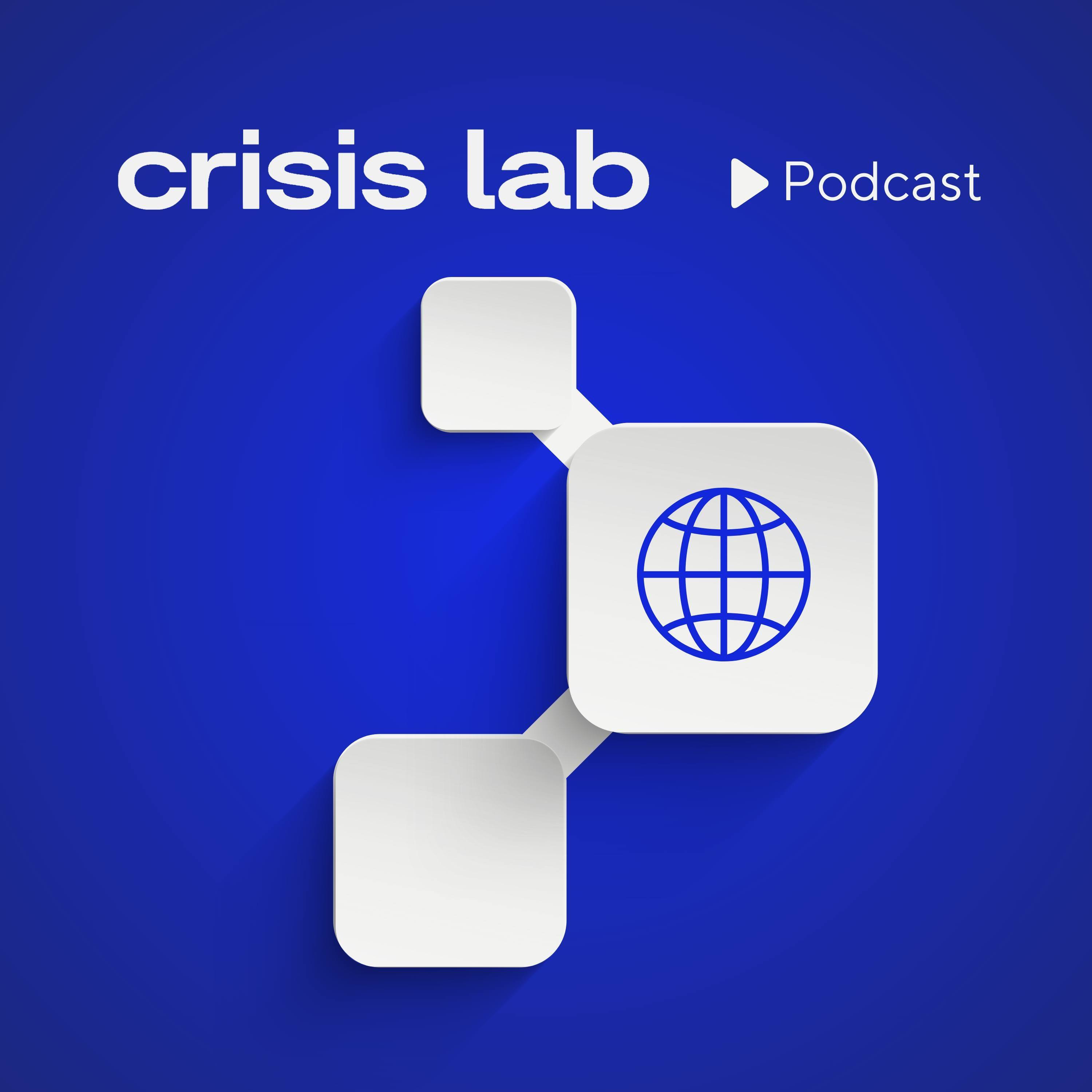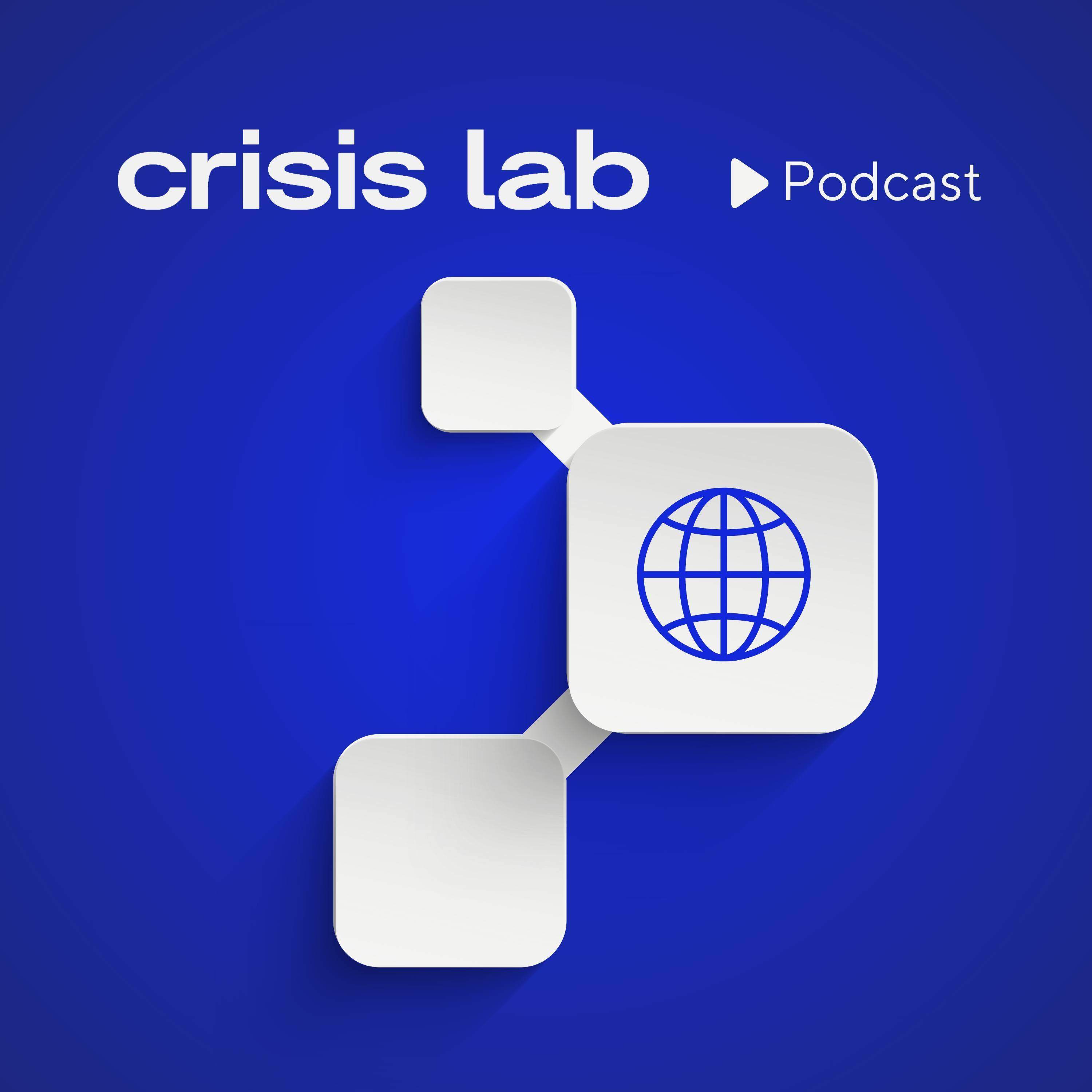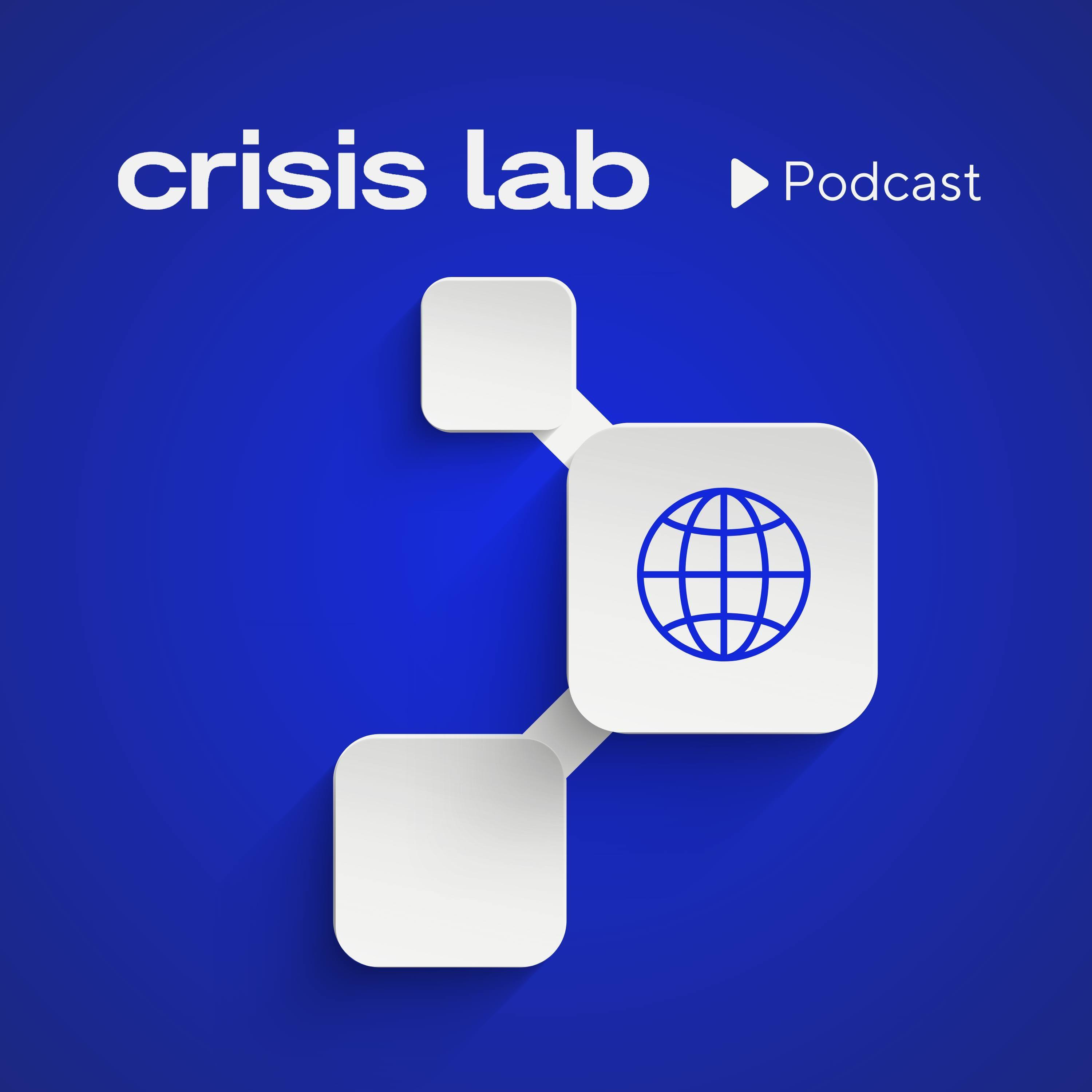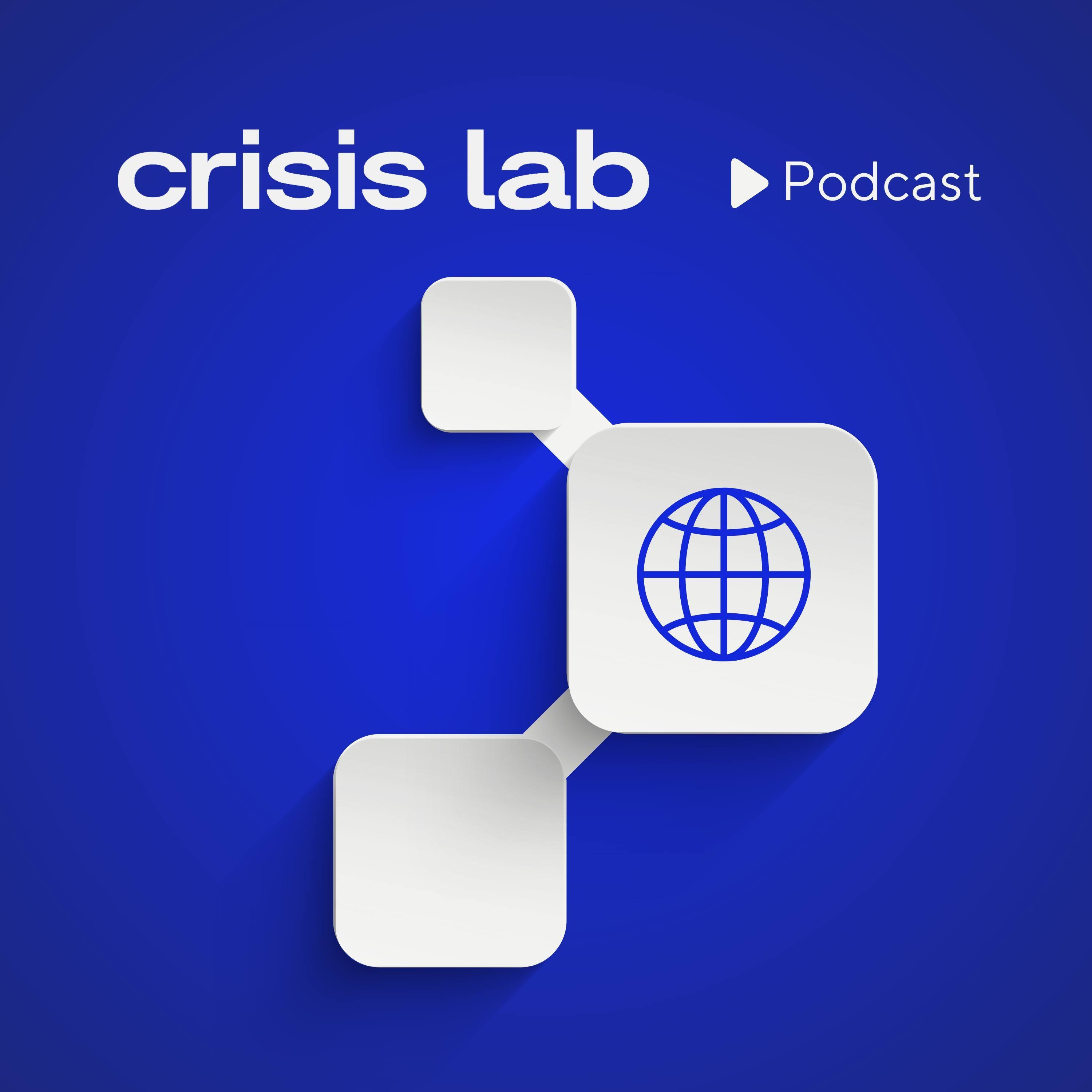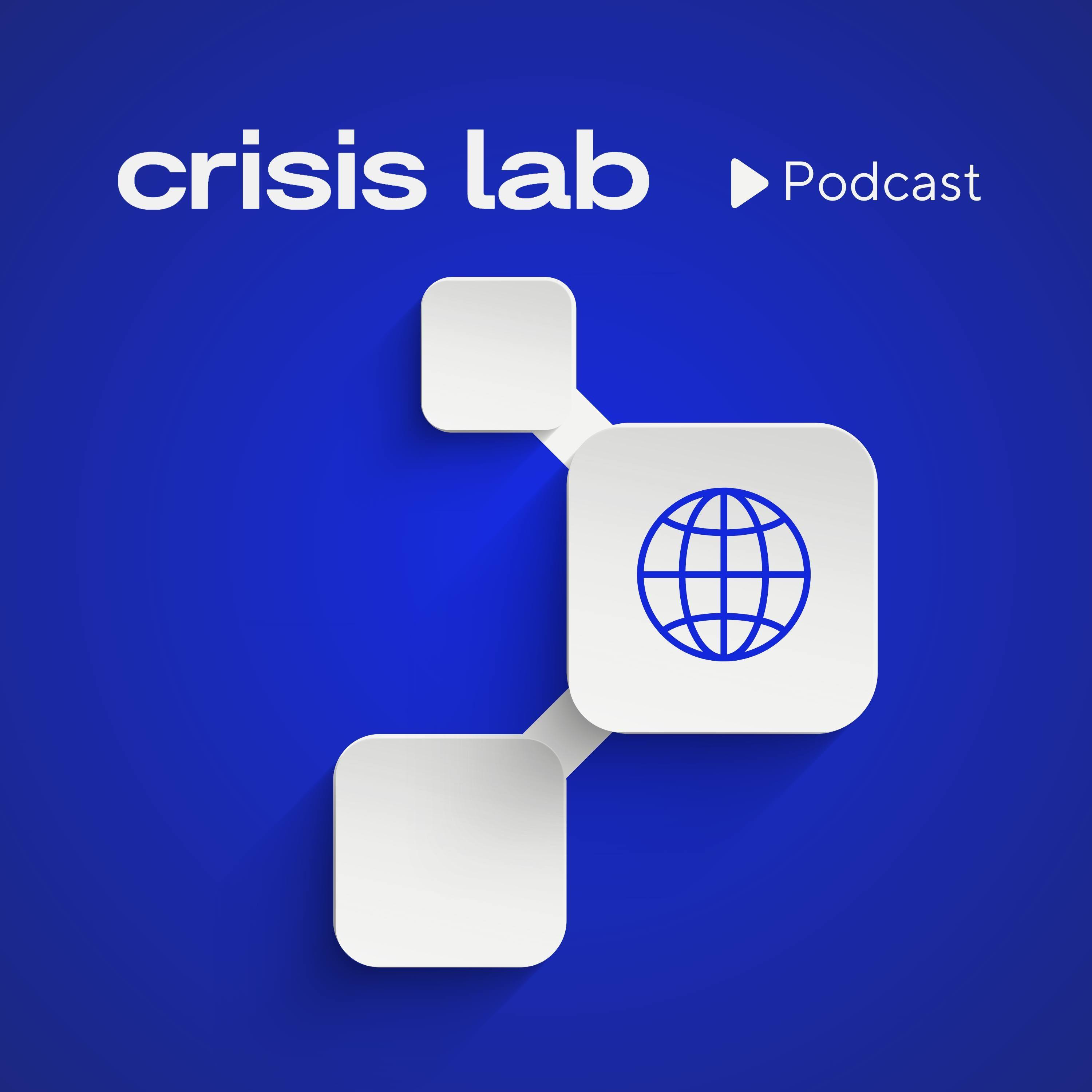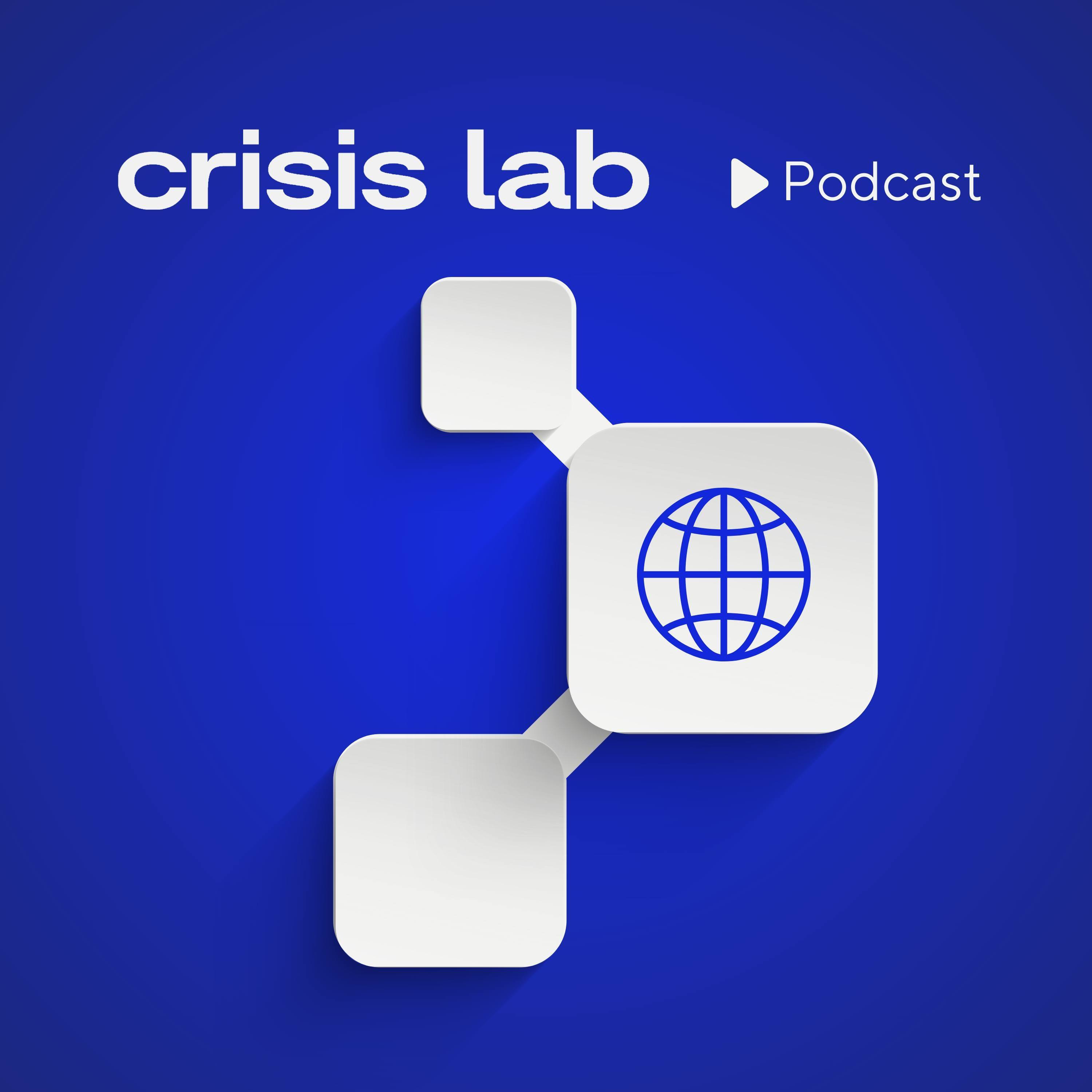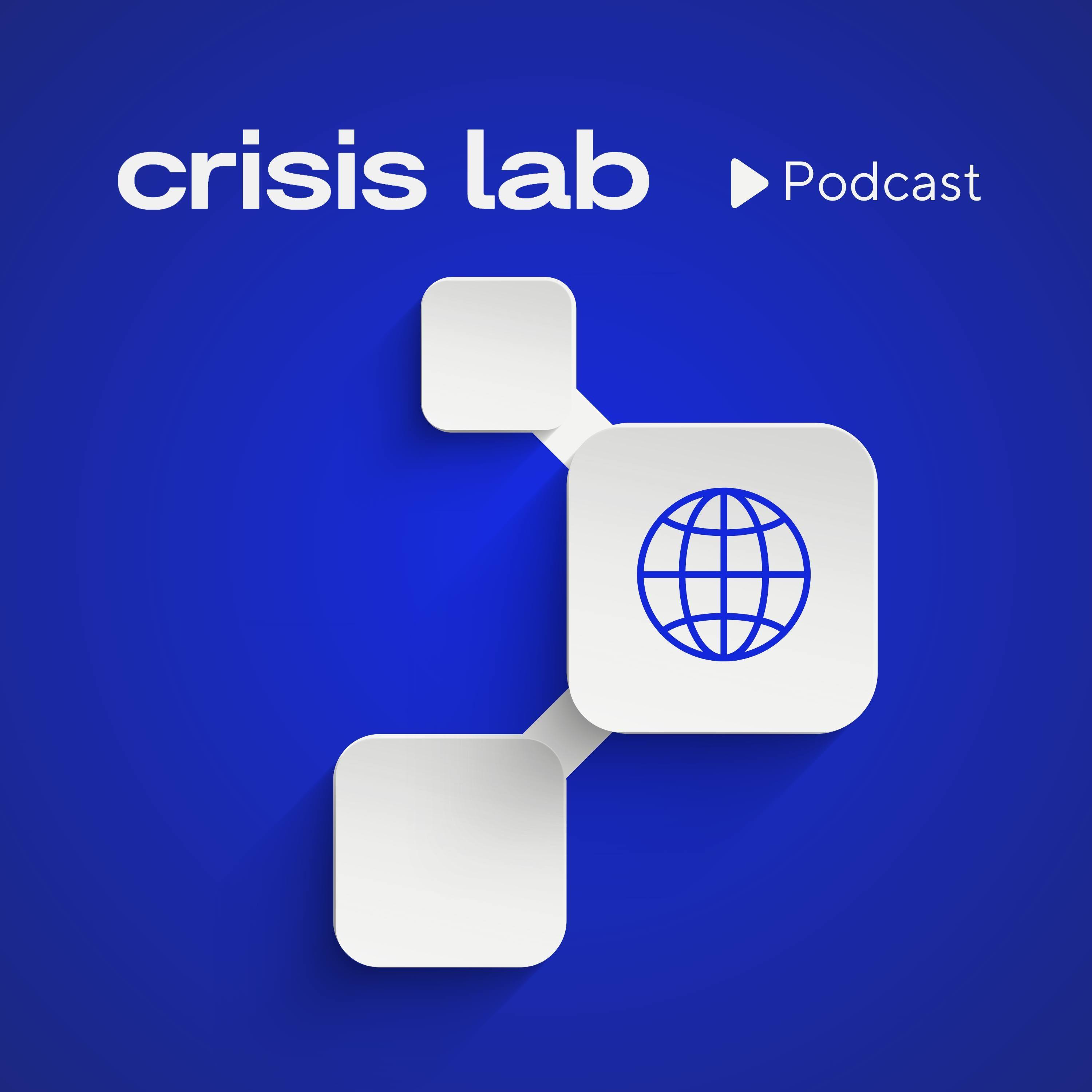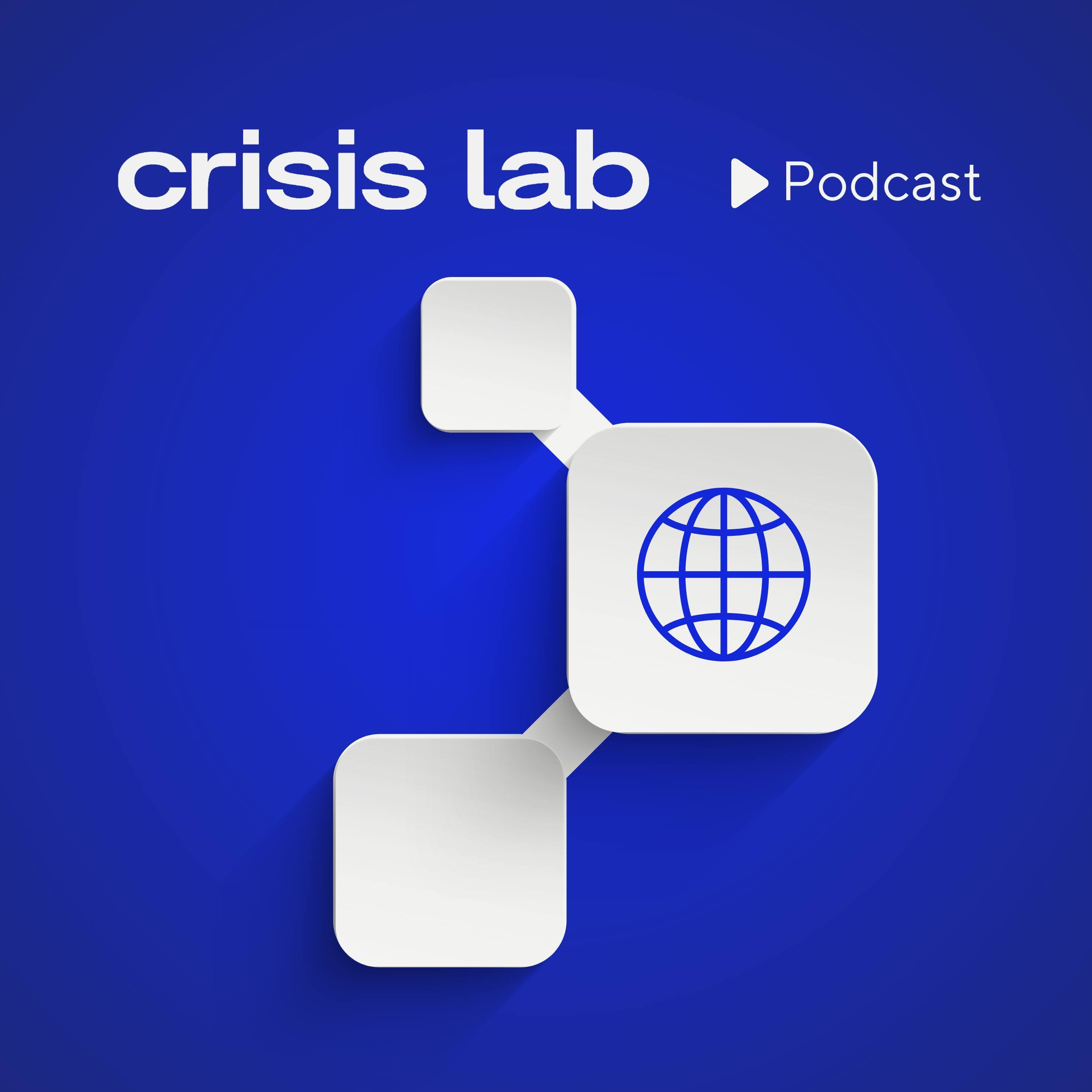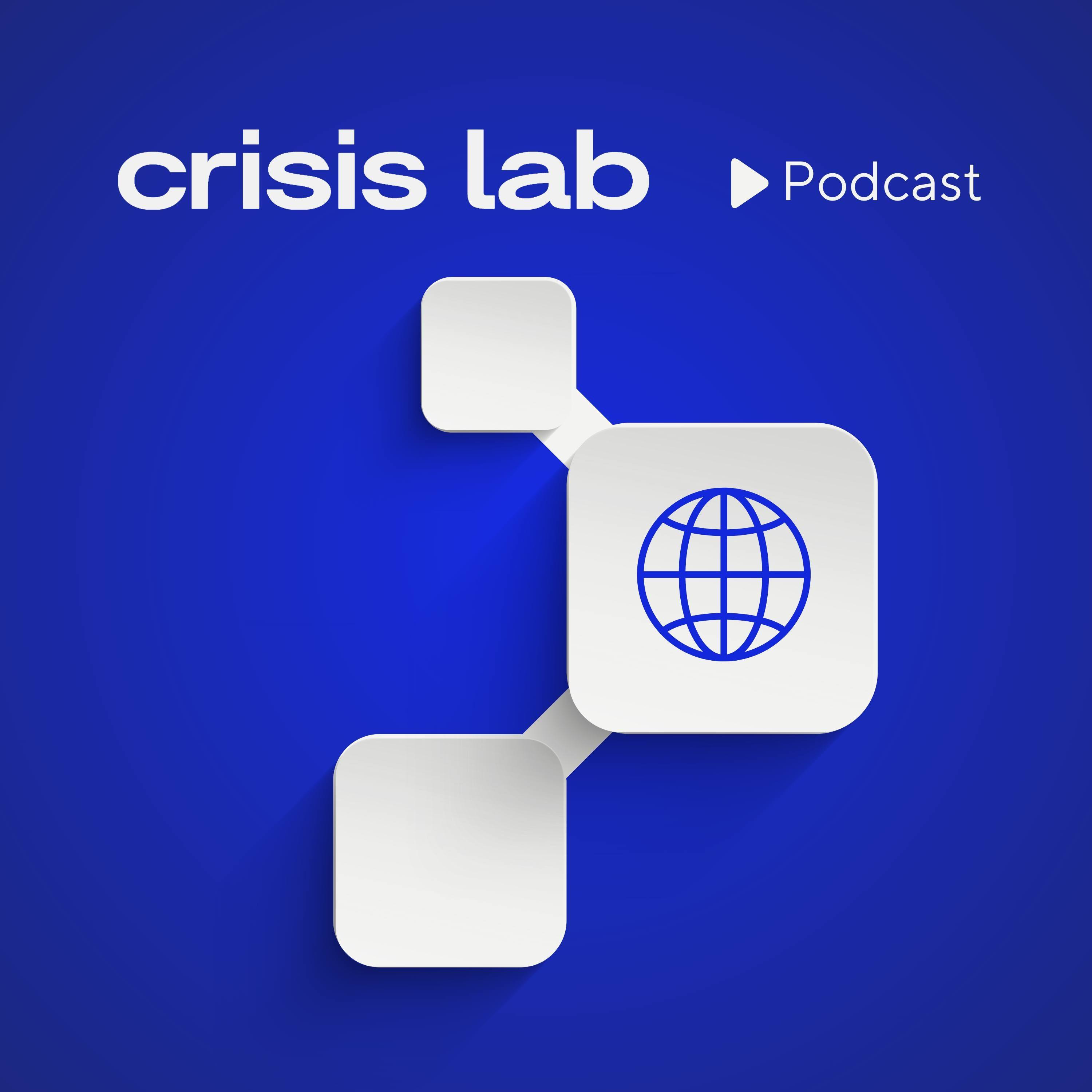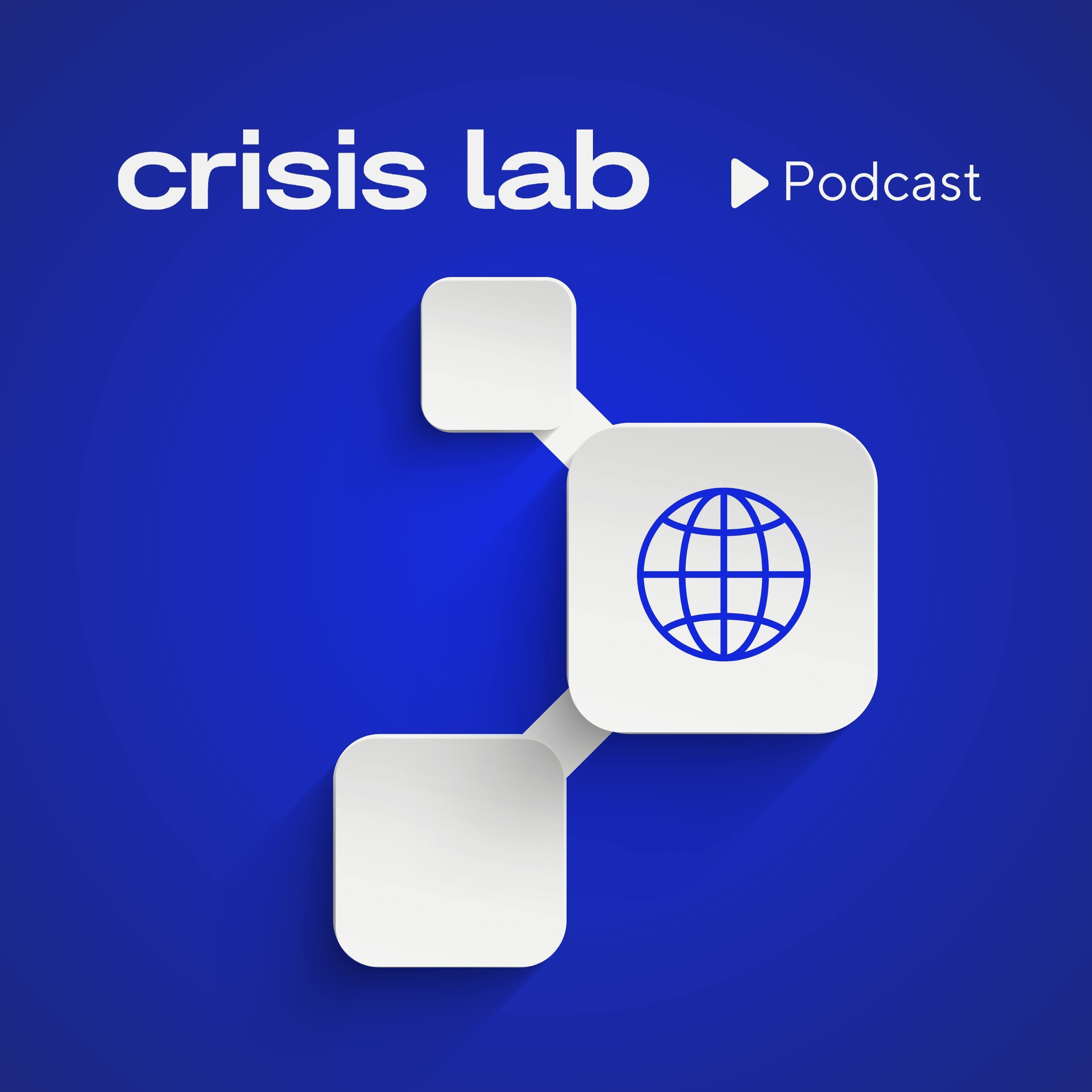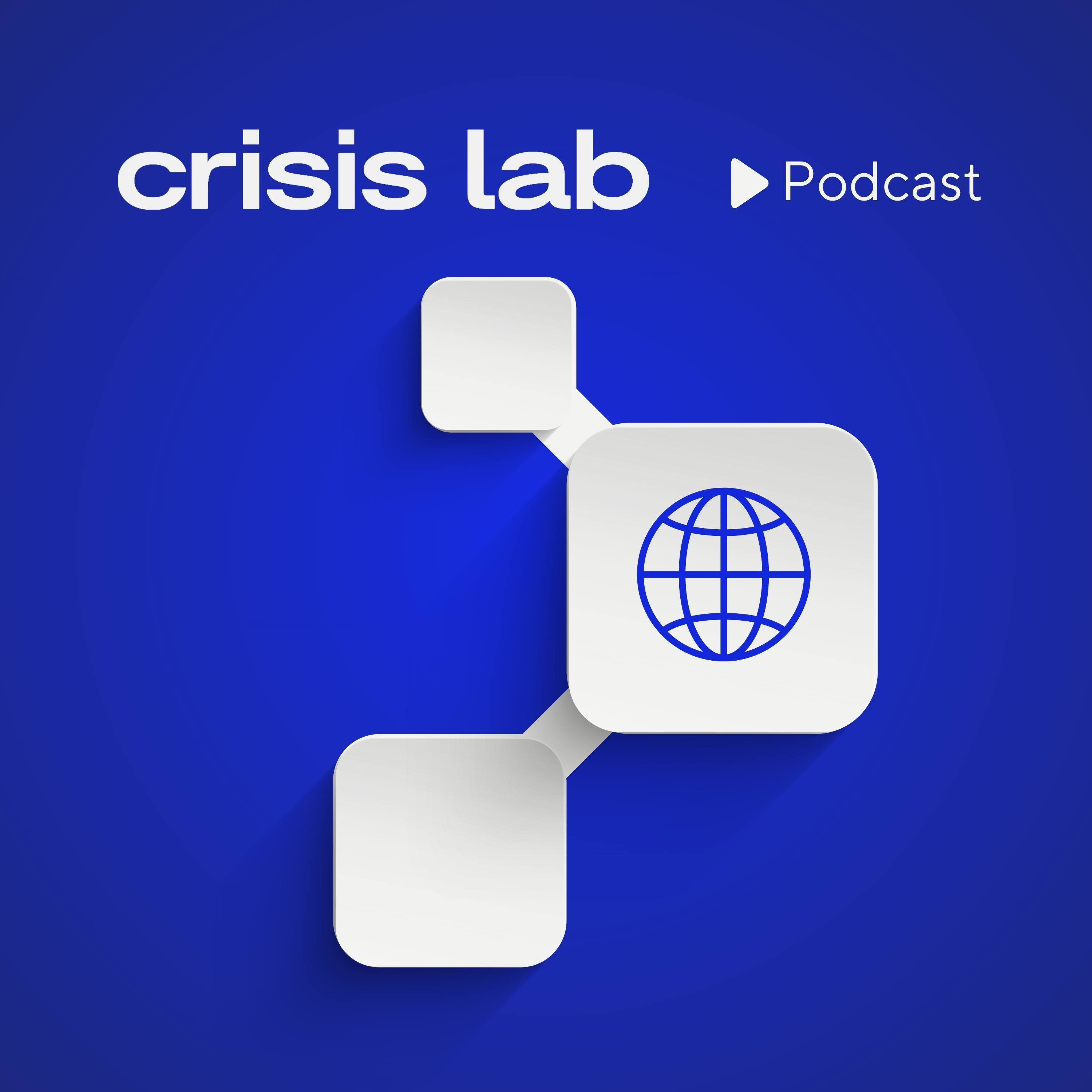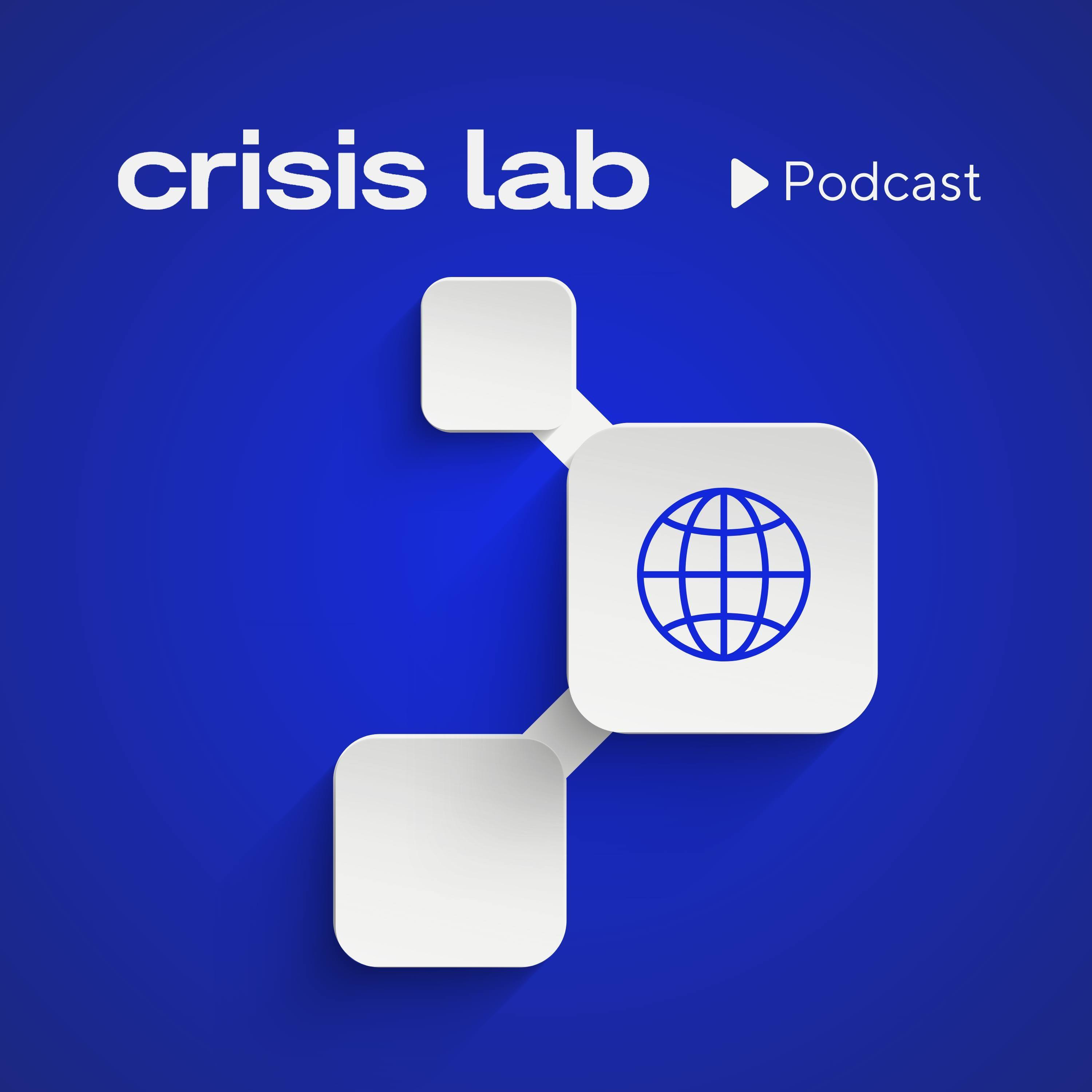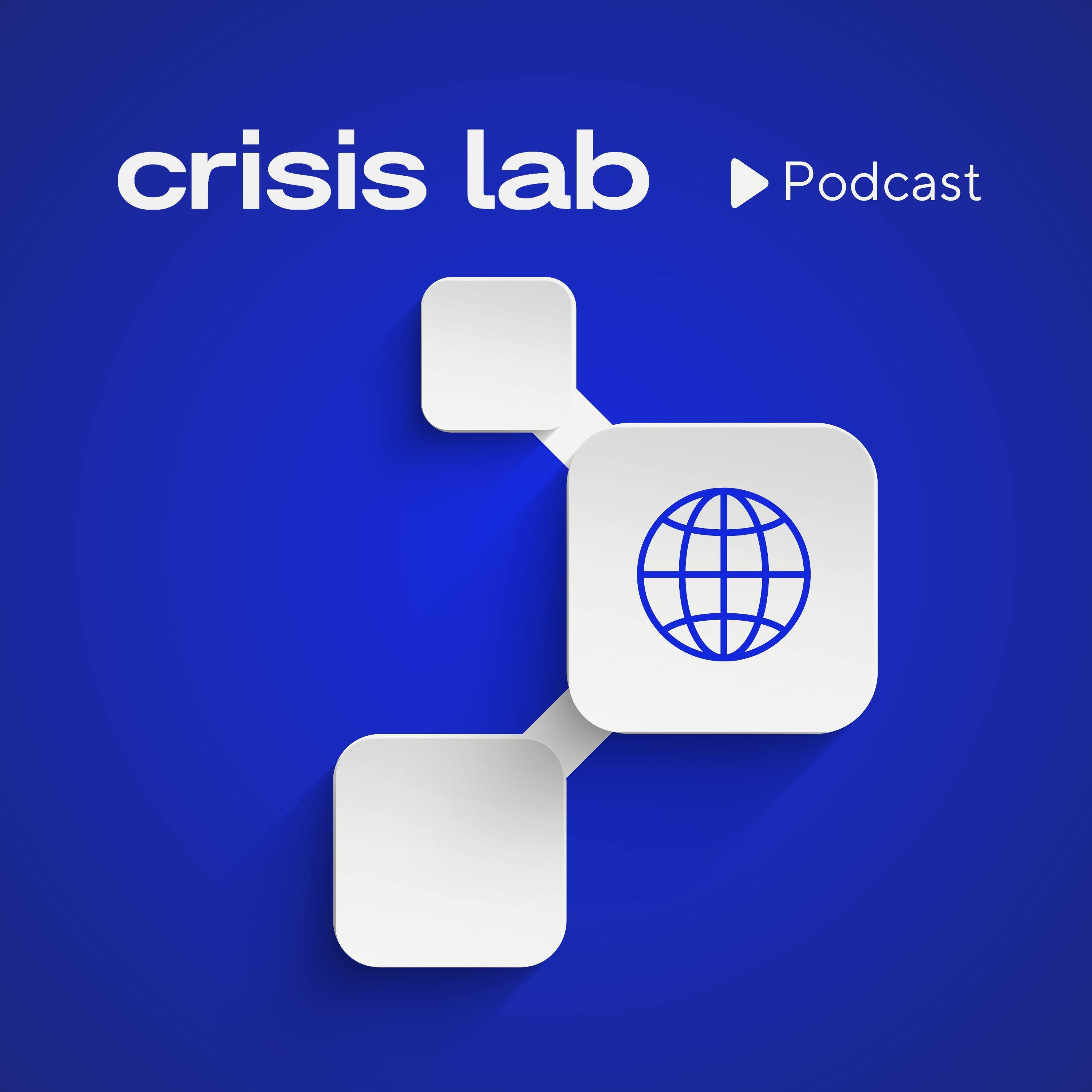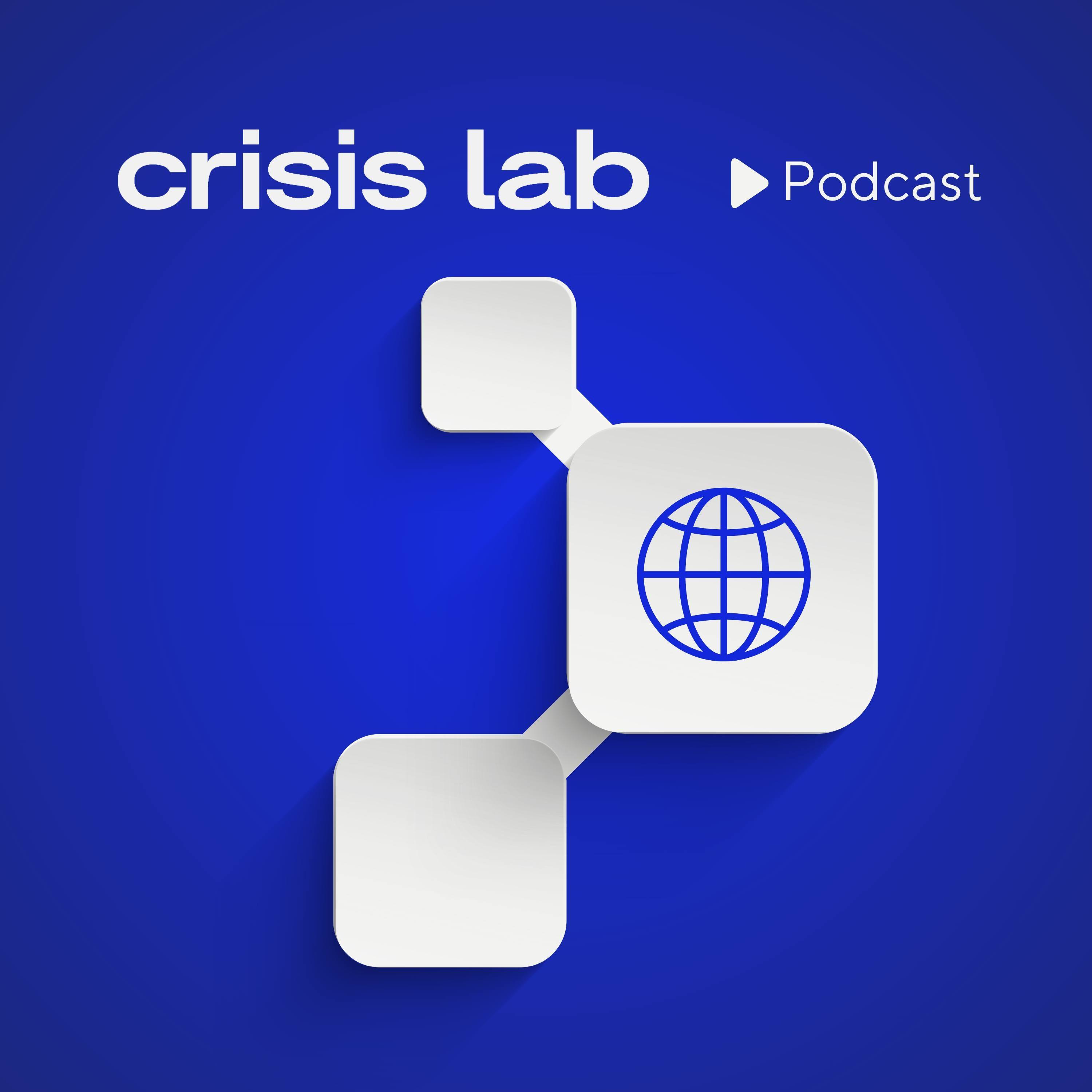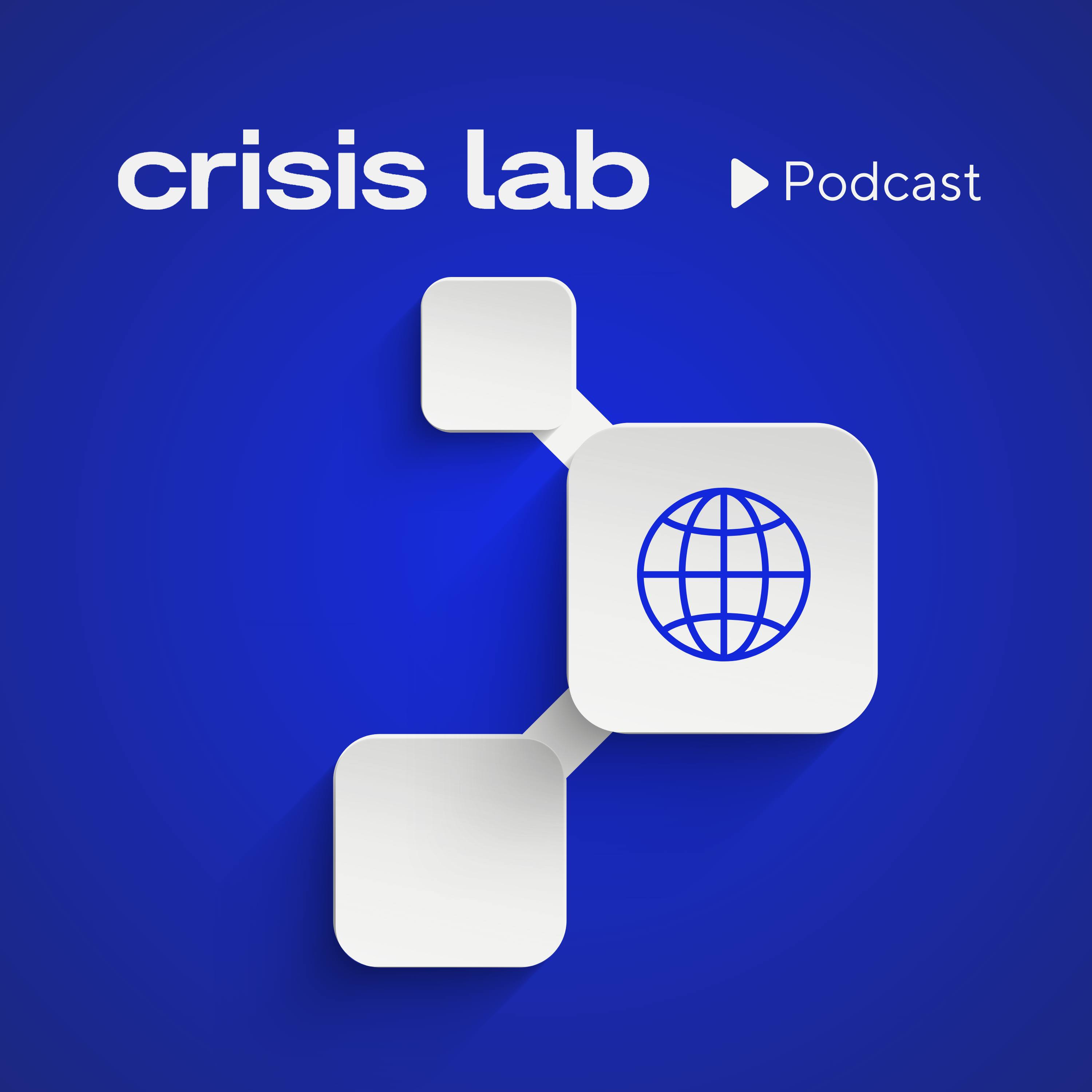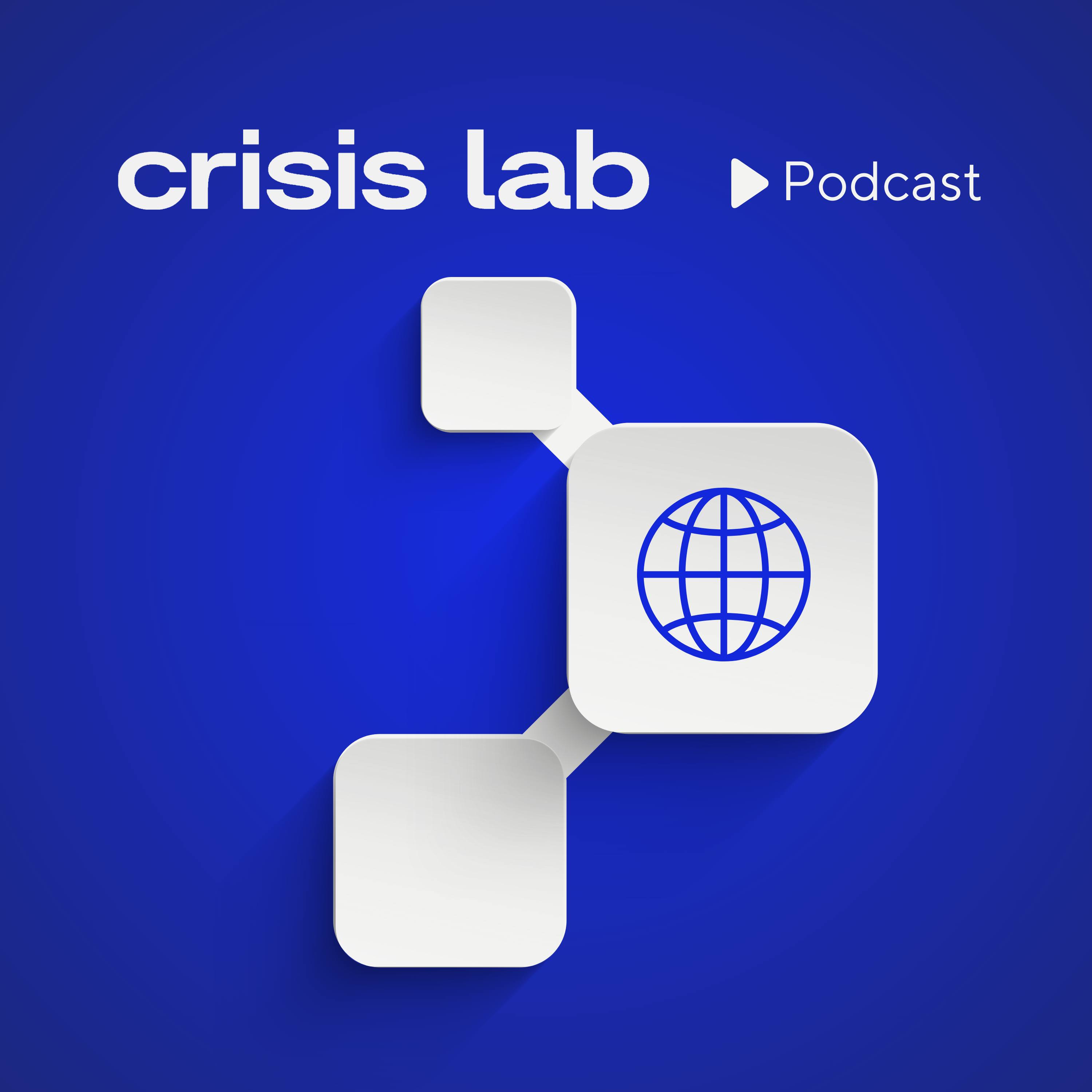The Resilience Paradox: Why We Expect More From Citizens Than From Systems
Description
In this episode of the Crisis Lab Podcast, Kyle King unpacks the “Resilience Paradox”—why we expect people to be self-reliant during emergencies while tolerating fragile infrastructure. Triggered by the mass blackout across Spain and Portugal, Kyle examines the deeper disconnect between how cities are planned and how they perform under stress. He makes the case for embedding resilience into the design of power, water, and communication systems—so communities can function even when external support fails.
Tune in to rethink how we design for disruption, not just efficiency.
Show Highlights
[00:00 ] Examining the massive power outage that paralyzed Spain and Portugal
[00:27 ] Introducing the concept of the Resilience Paradox in modern urban systems
[01:29 ] Unpacking the contradiction between citizen preparedness and fragile infrastructure
[02:27 ] Revealing the professional disconnect in how communities are designed and protected
[04:11 ] Rethinking infrastructure resilience through real-world examples and failures
[07:00 ] Outlining integration pathways to build inherently resilient communities
[07:21 ] Emphasizing the urgent need for governance reform and cross-disciplinary education
[07:58 ] Highlighting the importance of measuring and incentivizing resilience alongside sustainability

